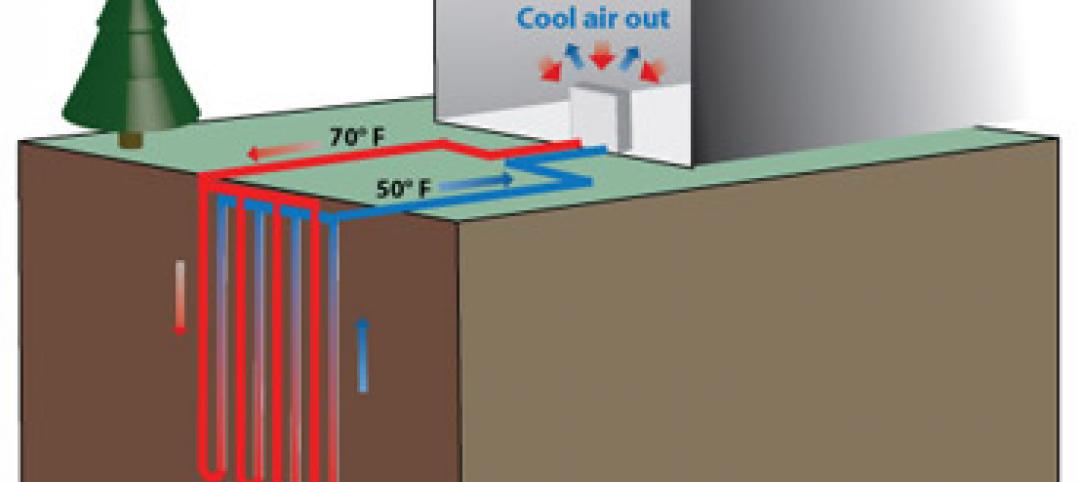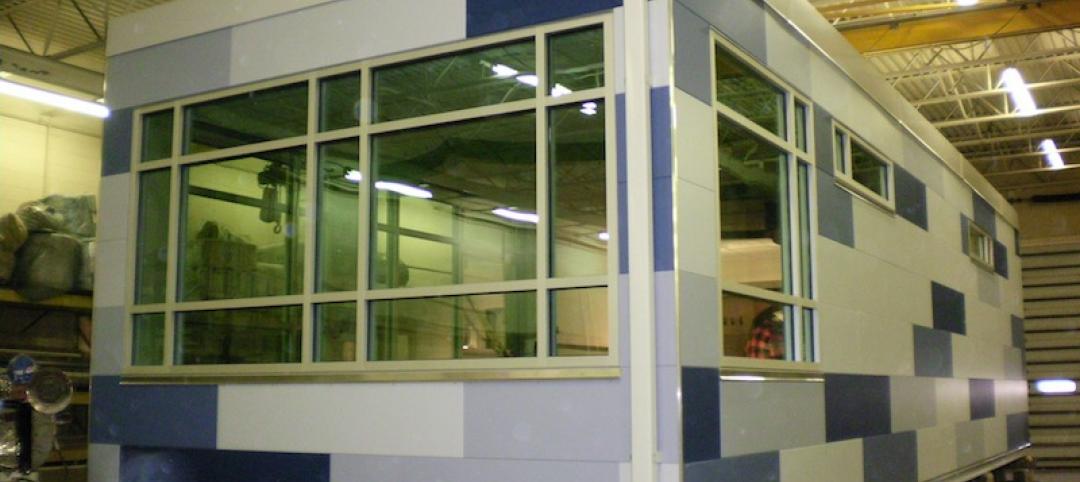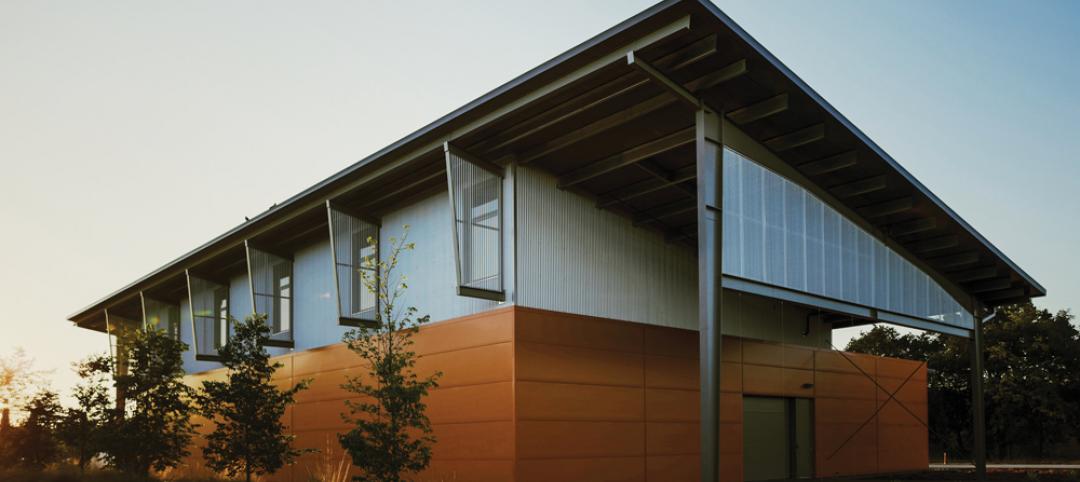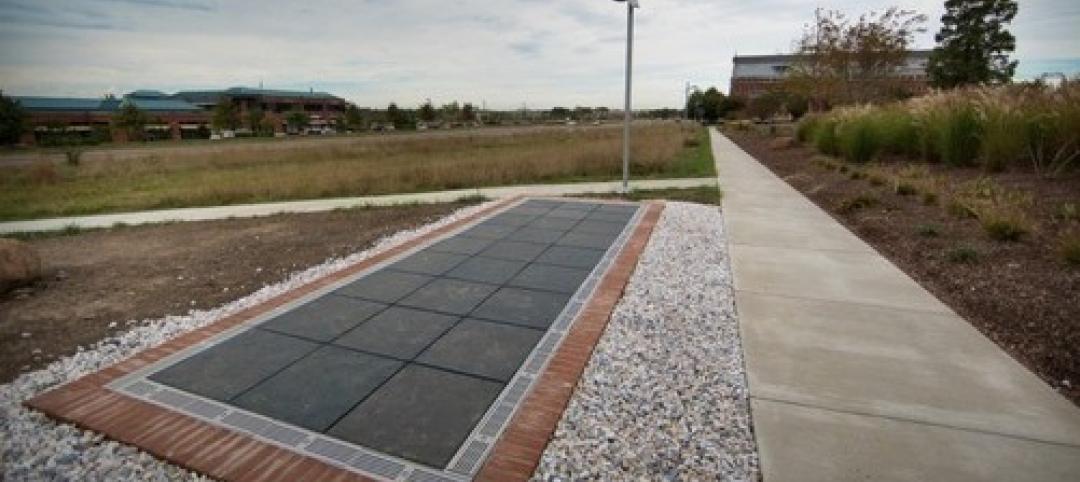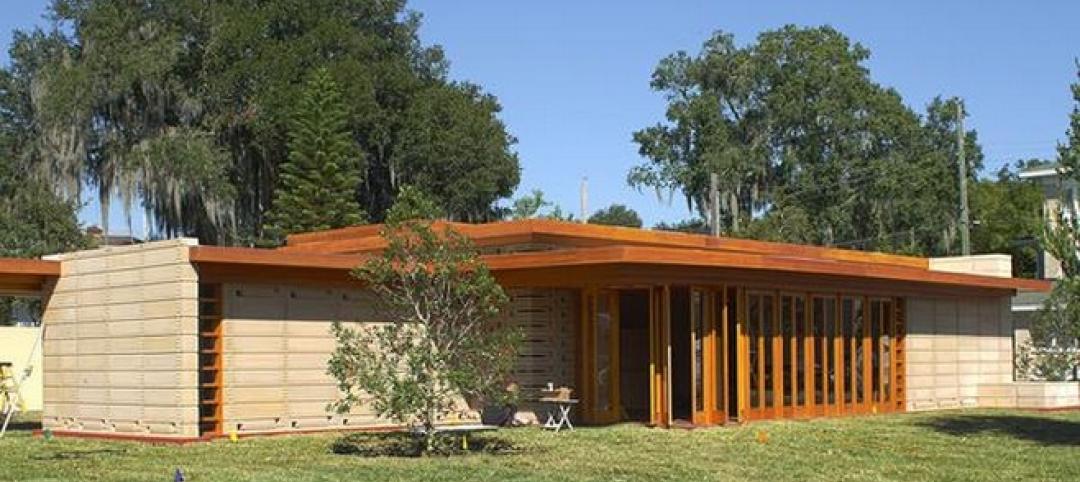WASHINGTON, DC - Last week, Senators Jeff Merkley Mark Pryor, Debbie Stabenow, Sherrod Brown, Bernie Sanders, and Ben Cardin introduced the "Building STAR Energy Efficiency Rebate Act of 2010" to create jobs by promoting the installation of energy-efficient renovations in commercial and multi-family residential buildings.
By utilizing rebates and low-interest loans, the "Building Star" program leverages between two and three dollars in private investment for every federal dollar spent. Rebates included in the bill would amount to $6 billion, in order to stimulate $18 to $24 billion in total investment, resulting in more than 150,000 new jobs. These jobs will pay well, allow companies to rehire laid off workers and infuse sorely needed capital into small businesses and hard-hit communities across the country. The savings accrued by building owners and the profits earned by laborers and manufacturers will power even more economic growth.
"Clean energy is not only the next great growth industry, but it's an engine for job creation today," Senator Merkley said. "Energy-efficiency programs like ‘Building Star' will put Americans to work in construction and manufacturing and save small businesses money as we strive for American energy independence."
"Building STAR" is supported by PIMA and other member organizations of Rebuilding America, a ground-breaking coalition of unions, contractor associations, manufacturers, financial services companies and energy efficiency advocates.
"Building Star" is similar to "Home Star," a parallel program that offers energy- efficiency assistance to homeowners. President Barack Obama announced his support March 2nd for the residential property "Home Star" program, including the financing options recommended by Senator Merkley.
"Senator Merkley's Building Star proposal recognizes the role commercial building retrofits can play in providing immediate job creation while ensuring the nation's existing buildings can fulfill their potential as energy efficient 21st century structures," said Polyisocyanurate Insulation Manufacturers Association President and CEO Jared Blum. "Commercial buildings retrofits are an essential part of any Congressional effort to chart an effective course for the nation's construction industry recovery program."
"Today, one in five construction workers - over 1.7 million people - are out of work. America's buildings are wasting both energy and money. As the Senate considers a jobs agenda for 2010, it should incorporate policies that will drive wide-scale building retrofits, such as the Building STAR proposal, that create good local construction jobs and reduce energy costs," said Reid Detchon, Executive Director of the Energy Future Coalition. "Building STAR is a package of rebates for energy efficient retrofits of commercial and multi-family residential buildings designed to create jobs and help small businesses nationwide."
Building STAR would:
• Create 25,000 jobs in 2010 for every $1 billion of federal investment for the hard-hit construction and building services, manufacturing, and distribution sectors. For a $6 billion federal investment, for example, Building STAR would create at least 150,000 jobs.
• Maximize federal investment, by leveraging $2-3 in private investment for every federal dollar spent. Building STAR would thus spur a total market activity of $18 - $24 billion, with a $6 billion federal investment, making this a great model for a public-private partnership and maximizing resource efficacy.
• Provide direct benefits to the thousands of small businesses, including the 91 percent of commercial contractors that have fewer than 20 employees.
• Use a simple application process so that building owners can participate easily.
• Work quickly, because the rebate and incentive levels are established in legislation, rather than by agencies, making it possible to implement Building STAR immediately. In addition, this program is based on existing, already- proven utility rebate programs and tax incentives.
• Deliver real energy savings and greenhouse gas emissions reductions, because of the typically large size and scope of commercial and multi-family building retrofits. For example, such retrofits could save industry $3.3 billion a year, based on data compiled by the American Council for an Energy Efficient Economy.
About PIMA
For over 20 years, the Polyisocyanurate Insulation Manufacturers Association (PIMA) has served as the unified voice of the rigid polyiso industry proactively advocating for safe, cost-effective, sustainable and energy efficient construction. PIMA's members, who first came together in 1987, include a synergistic partnership of polyiso manufacturers and industry suppliers. Polyiso is one of the Nation's most widely used and cost-effective insulation products available. To learn more visit www.polyiso.org.
Related Stories
| Nov 13, 2013
Installed capacity of geothermal heat pumps to grow by 150% by 2020, says study
The worldwide installed capacity of GHP systems will reach 127.4 gigawatts-thermal over the next seven years, growth of nearly 150%, according to a recent report from Navigant Research.
| Nov 11, 2013
The story behind 'Pedia-Pod,' BD+C's modular pediatric patient unit at Greenbuild
In the November issue of BD+C, you'll see our report on "Pedia-Pod," the modular pediatric patient unit we've helped design, outfit, and build at Greenbuild. Here's how it was developed.
| Nov 8, 2013
Can Big Data help building owners slash op-ex budgets?
Real estate services giant Jones Lang LaSalle set out to answer these questions when it partnered with Pacific Controls to develop IntelliCommand, a 24/7 real-time remote monitoring and control service for its commercial real estate owner clients.
| Nov 8, 2013
S+T buildings embrace 'no excuses' approach to green labs
Some science-design experts once believed high levels of sustainability would be possible only for low-intensity labs in temperate zones. But recent projects prove otherwise.
| Nov 8, 2013
Walkable solar pavement debuts at George Washington University
George Washington University worked with supplier Onyx Solar to design and install 100 sf of walkable solar pavement at its Virginia Science and Technology Campus in Ashburn, Va.
| Nov 6, 2013
Energy-efficiency measures paying off for commercial building owners, says BOMA study
The commercial real estate industry’s ongoing focus on energy efficiency has resulted in a downward trend in total operating expenses (3.9 percent drop, on average), according to BOMA's Experience Exchange Report.
| Nov 5, 2013
Net-zero movement gaining traction in U.S. schools market
As more net-zero energy schools come online, school officials are asking: Is NZE a more logical approach for school districts than holistic green buildings?
| Oct 31, 2013
74 years later, Frank Lloyd Wright structure built at Florida Southern College
The Lakeland, Fla., college adds to its collection of FLW buildings with the completion of the Usonian house, designed by the famed architect in 1939, but never built—until now.
| Oct 30, 2013
15 stellar historic preservation, adaptive reuse, and renovation projects
The winners of the 2013 Reconstruction Awards showcase the best work of distinguished Building Teams, encompassing historic preservation, adaptive reuse, and renovations and additions.
| Oct 30, 2013
11 hot BIM/VDC topics for 2013
If you like to geek out on building information modeling and virtual design and construction, you should enjoy this overview of the top BIM/VDC topics.


